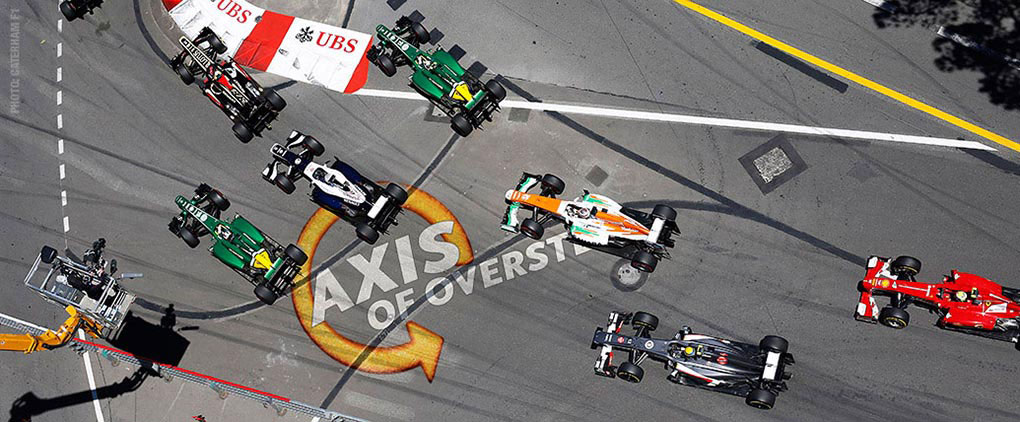What makes a race car go fast? That's right, money.
 |
| E J Viso in Houston with Andretti Autosport |
You could have the best talent, the best ideas, run your team with the efficiency and precision of a Swiss watch but, if you don't pay the bills, you're not racing.
Motor racing and nebulous financing are no strangers, from the very pinnacle of Formula One to regional racing like Grand Am, ALMS or Indycar in North America. Cases and allegations of scams run the gamut from outright fraud like Greg Loles's to allegations of bribes paid for financial considerations as in the German case against Bernie Ecclestone. Truth of the matter is most teams in racing are constantly on the edge financially and very few will ever be in a position to be choosy about where funds come from. This brings us to the seemingly miraculous explosion in Venezuelan driving talent over the past several years. a country of 30 million, with few race tracks has spawned a seemingly inexhaustible supply of racers and gentlemen drivers buying rides. PDVSA, the state owned Venezuelan oil company and Citgo, its US subsidiary are major team sponsors in F1 and Indycar. The "Venezuela, conocerla es tu destino" stickers promoting tourism became ubiquitous on GrandAm tracks.
This brings us to the seemingly miraculous explosion in Venezuelan driving talent over the past several years. a country of 30 million, with few race tracks has spawned a seemingly inexhaustible supply of racers and gentlemen drivers buying rides. PDVSA, the state owned Venezuelan oil company and Citgo, its US subsidiary are major team sponsors in F1 and Indycar. The "Venezuela, conocerla es tu destino" stickers promoting tourism became ubiquitous on GrandAm tracks. Apparently it's everyone's destiny now to get to know a bit more about Venezuelan sponsorship.
We first heard whispers about how the program worked when we were at the 2012 Rolex 24. Simply put, the talk was those stickers came with a very sizable kickback percentage requirement. Classic laundering, classic cleptocracy.
Now many teams will be left scrambling in light of Venezuela freezing of motorsport sponsorship funds, the allegations not of direct kickbacks from drivers and/or teams but of currency fraud.
Perhaps people did not not expect the Venezuelan Minister for Sport, former olympic fencer Alejandra Benitez to, you know, do he job just because she's a hot babe who was photographed in the buff. As it turns out, Ms Benitez did not take kindly to her signature being forged and discovering among other things, 66 million of government dollars going to sponsor one driver alone, at a time when ordinary Venezuelans are limited to exchanging a mere US$3000 per year for foreign travel and when dollars are sold on the black market for 7 times the value.
Who got $66 million in 2013? Pastor Maldonado paid $46 million to Williams in 2012 for his seat and that's for what is by far the most expensive series on the planet. You do the math. How much did Venezuela give out to drivers and teams? How much complicity was there from teams? I doubt we are destined to learn that.
All this of course while PDVSA, manager of the country's main asset is in shambles thanks to "marxist management" and Venezuela has an almost 50% inflation rate.
Green, green, green!


No comments:
Post a Comment